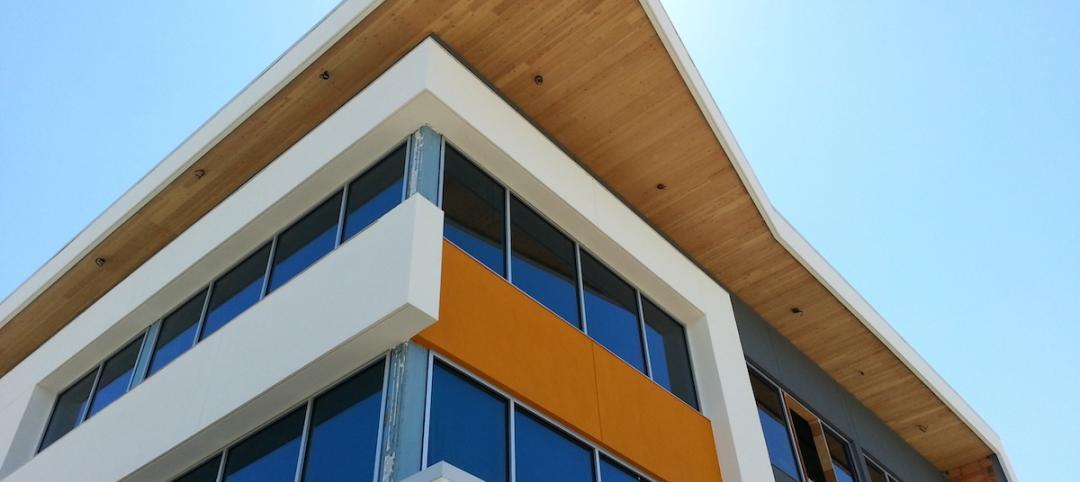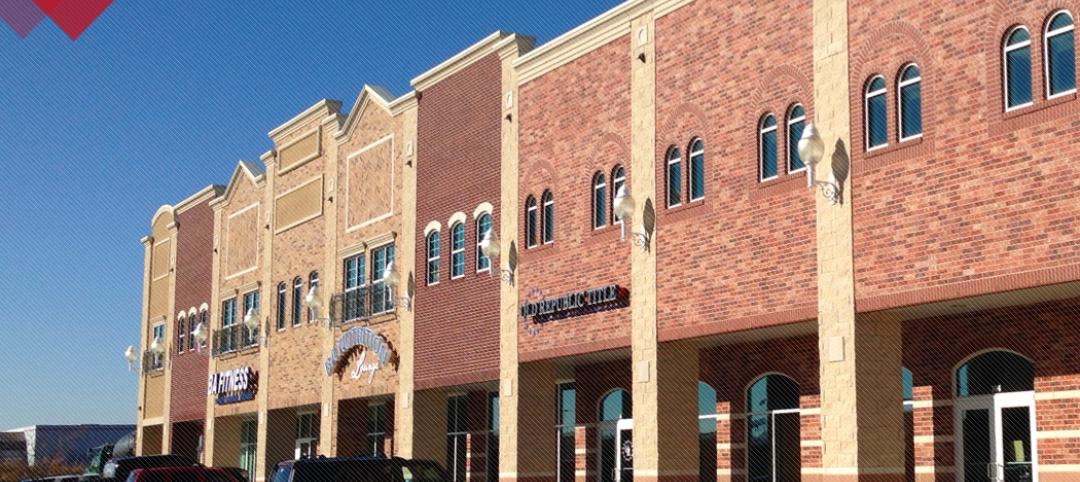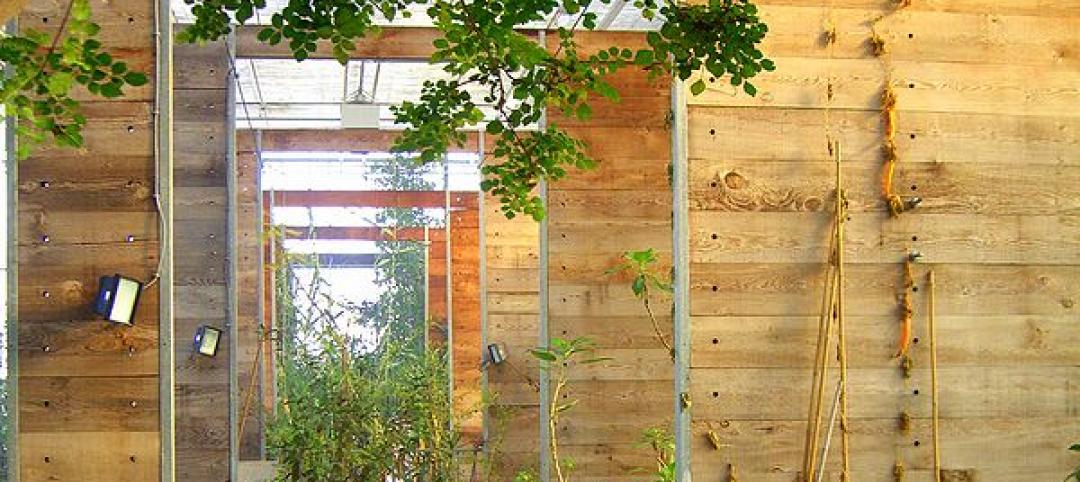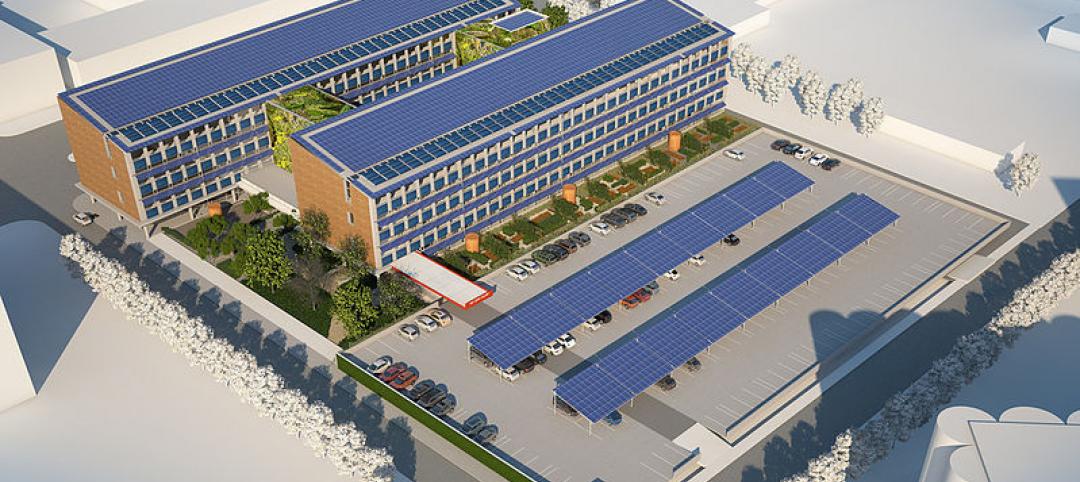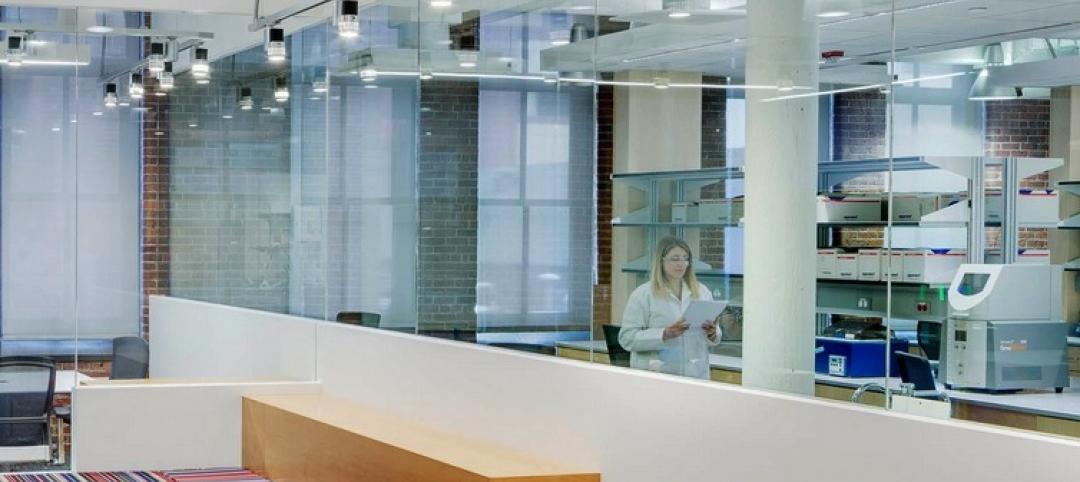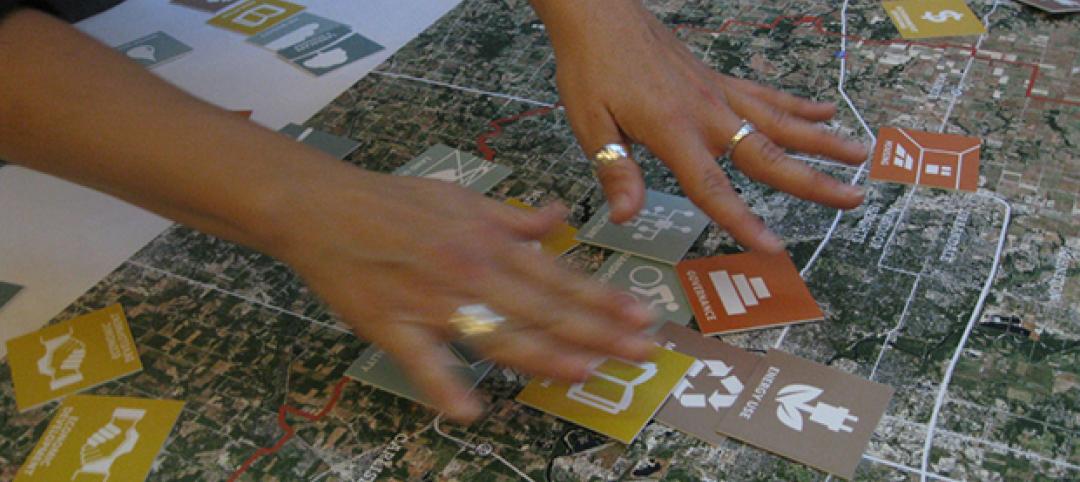Joining pipe can be a demanding task. Even with proper equipment and training, traditional methods of installation still run the risk of causing injury to installers, experienced or not. Liberty Utilities of New Hampshire wanted a way to keep its installers safe without compromising the quality of their installations, which is why the utility provider decided to start installing Viega MegaPress.
“We’re doing 500 in-to-outs and the biggest concern was the wear and tear on the installers’ arms, trying to save their bodies from the wrenching they’re doing,” said Bob Mostone, Gas Service Department Supervisor for Liberty Utilities. “Less mess and threading, that was what caught my eye. It’s easier to fit things together, especially since we’re changing out large-volume meters to rotary meters. Cutting out old flanges and installing new ones is a lot easier too.”
Mostone, who is a licensed gas fitter since 1991, has worked for the utility company for 29 years. When he first experienced press fitting technology, his first thought wasn’t about time savings.
“I saw press technology and I was interested in the wear and tear on the servicemen in the field,” said Mostone. “With Viega MegaPress, we have fewer soft tissue injuries, which are Liberty’s big concern this year.”
According to Mostone, every three months, Liberty’s Vice President of Operations and Engineering chooses a safety category to focus on. The previous category was trips and falls, and currently Liberty is focusing on reducing soft tissue injuries.
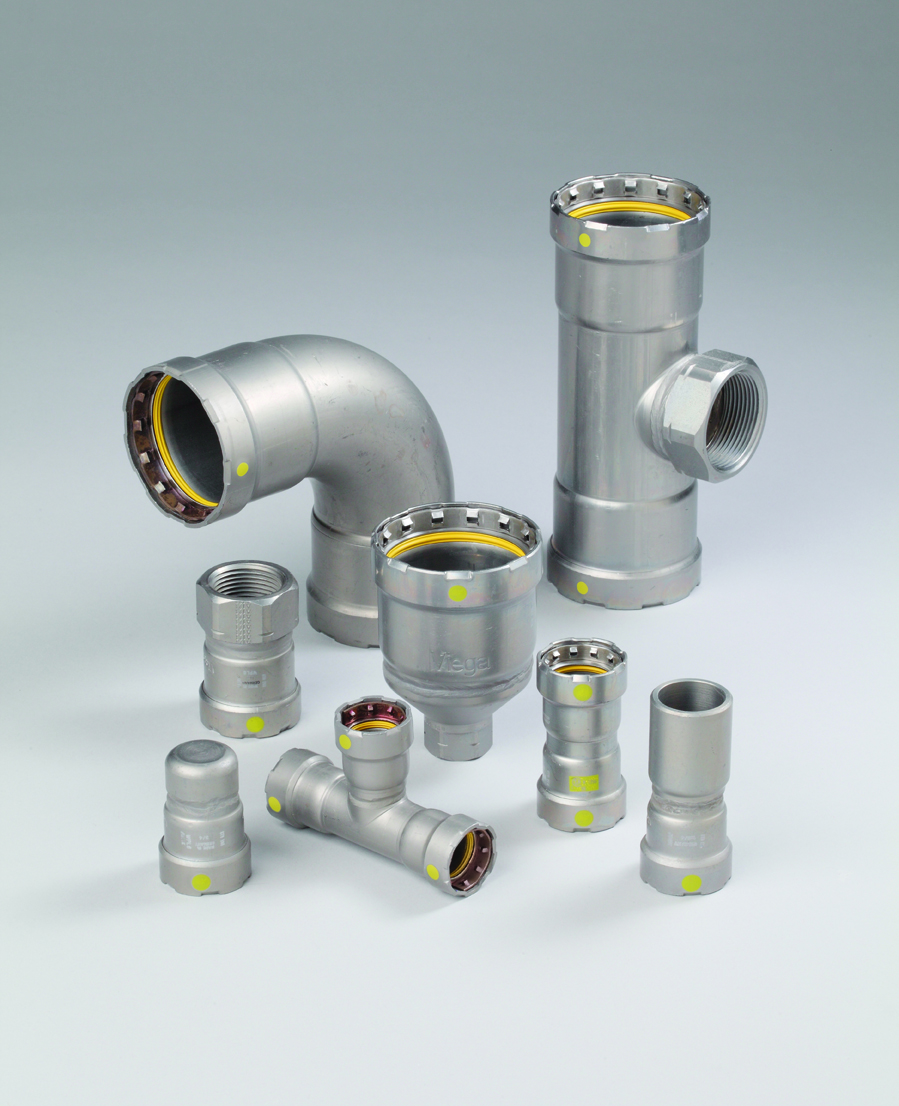
Viega MegaPress carbon steel press fittings
Liberty Utilities is installing Viega MegaPressG fittings in sizes ½" to 2" as it continues working to change out meters across its areas of service. Before experiencing Viega MegaPress, Liberty Utilities installed piping systems using traditional methods. When Liberty discovered the Viega MegaPress system, they were immediately interested in switching.
“The breaking point of the pipe is always weakest around the threads,” Mostone said. “The pipe-wall thickness from the thread breaks down. With threaded pipe, it snaps at the fitting. That’s our strong point now when we’re pressing them with Viega MegaPress.”
Viega MegaPress has allowed Liberty Utilities to take a weakness in black iron pipe joining and turn it into a strength.
Liberty Utilities worked with their local Viega Technical Manager to ensure that Viega MegaPress fittings would meet all codes and standards.
“We did a class with some of the pipers and the codes and standards group, and actually one of the local gas inspectors,” Mostone said. “From that class we voted to move forward to see if we could get it done. We went through the process for our company to approve it. We checked with the state fire marshal’s office and they were fine with it.”
Approved for more applications than any other carbon steel press fitting, Viega MegaPress saves installation time but also helps prevent labor-related injuries on the job.
“Saving wear and tear on the installers’ bodies was my biggest concern,” Mostone said. “Viega MegaPress is helping us with that.”
For more information, visit www.viega.us.
Related Stories
Sponsored | | Oct 13, 2014
CLT, glulam deliver strength, low profile, and aesthetics for B.C. office building
When he set out to design his company’s new headquarters building on Lakeshore Road in scenic Kelowna, B.C., Tim McLennan of Faction Projects knew quickly that cross-laminated timber was an ideal material.
Sponsored | | Oct 13, 2014
Think you can recognize a metal building from the outside?
It’s getting more and more difficult to spot a metal building these days. What looks like brick, stucco or wood on the outside could actually be a metal building in disguise. SPONSORED CONTENT
| Oct 13, 2014
Department of Agriculture launches Tall Wood Building Competition
The competition invites U.S. developers, institutions, organizations, and design teams willing to undertake an alternative solution approach to designing and building taller wood structures to submit entries for a prize of $2 million.
| Oct 12, 2014
AIA 2030 commitment: Five years on, are we any closer to net-zero?
This year marks the fifth anniversary of the American Institute of Architects’ effort to have architecture firms voluntarily pledge net-zero energy design for all their buildings by 2030.
| Oct 10, 2014
A new memorial by Zaha Hadid in Cambodia departs from the expected
The project sees a departure from Hadid’s well-known use of concrete, fiberglass, and resin. Instead, the primary material will be timber, curved and symmetrical like the Angkor Wat and other Cambodian landmarks.
| Oct 9, 2014
Regulations, demand will accelerate revenue from zero energy buildings, according to study
A new study by Navigant Research projects that public- and private-sector efforts to lower the carbon footprint of new and renovated commercial and residential structures will boost the annual revenue generated by commercial and residential zero energy buildings over the next 20 years by 122.5%, to $1.4 trillion.
| Oct 9, 2014
More recession-postponed design projects are being resurrected, says AIA
About three quarters of the estimated 700 firms that serve as panelists on AIA’s Architectural Billings Index (ABI) had delayed or canceled major design projects in response to recessionary pressures. Nearly one-third of those firms now say they have since restarted stalled projects.
| Oct 9, 2014
Steven Holl's 'intersecting spheres' scheme for Taipei necropolis gets green light
The schematic design has been approved for the 50 000-sm Arrival Hall and Oceanic Pavilion for the Taiwan ChinPaoSan Necropolis.
| Oct 9, 2014
Beyond the bench: Meet the modern laboratory facility
Like office workers escaping from the perceived confines of cubicles, today’s scientists have been freed from the trappings of the typical lab bench, writes Perkins+Will's Bill Harris.
| Oct 8, 2014
New tools for community feedback and action
Too often, members of a community are put into a reactive position, asked for their input only when a major project is proposed. But examples of proactive civic engagement are beginning to emerge, write James Miner and Jessie Bauters.


